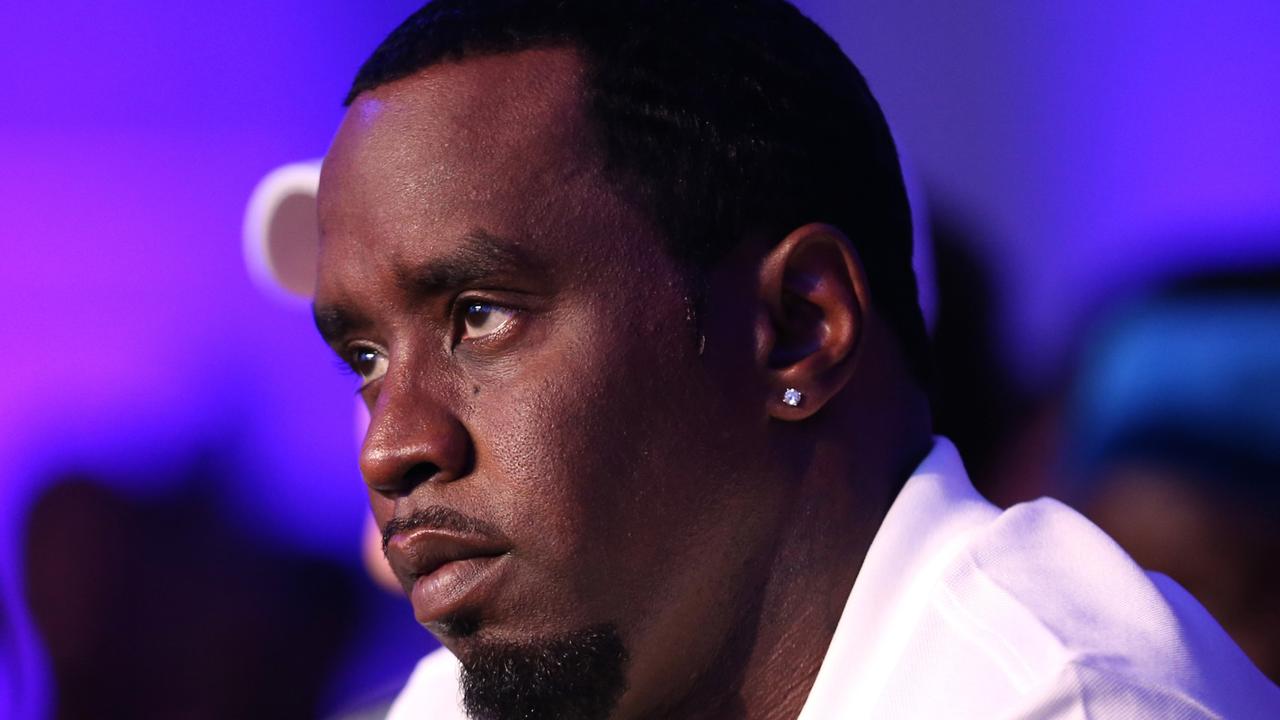Inside the world of K-pop where teen stars are forced to starve themselves and train for 12 hours a day
Despite its glamorous front, with fashionable young starlets performing perfect routines on the world stage, the K-Pop industry is hiding dark secrets.

It’s the music phenomenon that’s been sweeping the globe since K-Pop first hit the charts in the early 2000s.
But despite its glamorous front, with fashionable and good-looking young starlets performing perfect routines on the world stage, the industry is hiding dark secrets.
Beneath the bright pink costumes and perfectly presented shows lies a seedy underbelly — where young girls are encouraged to starve themselves with ‘paper cup diets’ and at least four stars have killed themselves in the past four years.
The global success of bands like Blackpink – who last year became the first Korean band to be awarded an honorary MBE by King Charles – and BTS – has seen an influx in Korean youngsters joining the industry – signing up to specialised schools for their chance at fame.

But despite the high demand around the world for more as the K-Pop movement grows, only one per cent of students will score highly enough to hit the big time.
Worse yet, youngsters are expected to stay excruciatingly thin, barely see their families and have a picture-perfect persona with no relationships and absolutely no scandals.
And there are lists of rules wannabes are forced to follow – or risk losing everything and being shunned from the industry entirely.
This dark side of K-Pop is uncovered in harrowing detail in a new British documentary Unreported World – Inside the K-Pop Dream Machine.
In the show, journalist Krishnan Guru-Murthy heads to one of South Korea’s most successful K-Pop academies to uncover the dark underbelly of the industry, driven by its teenage stars.
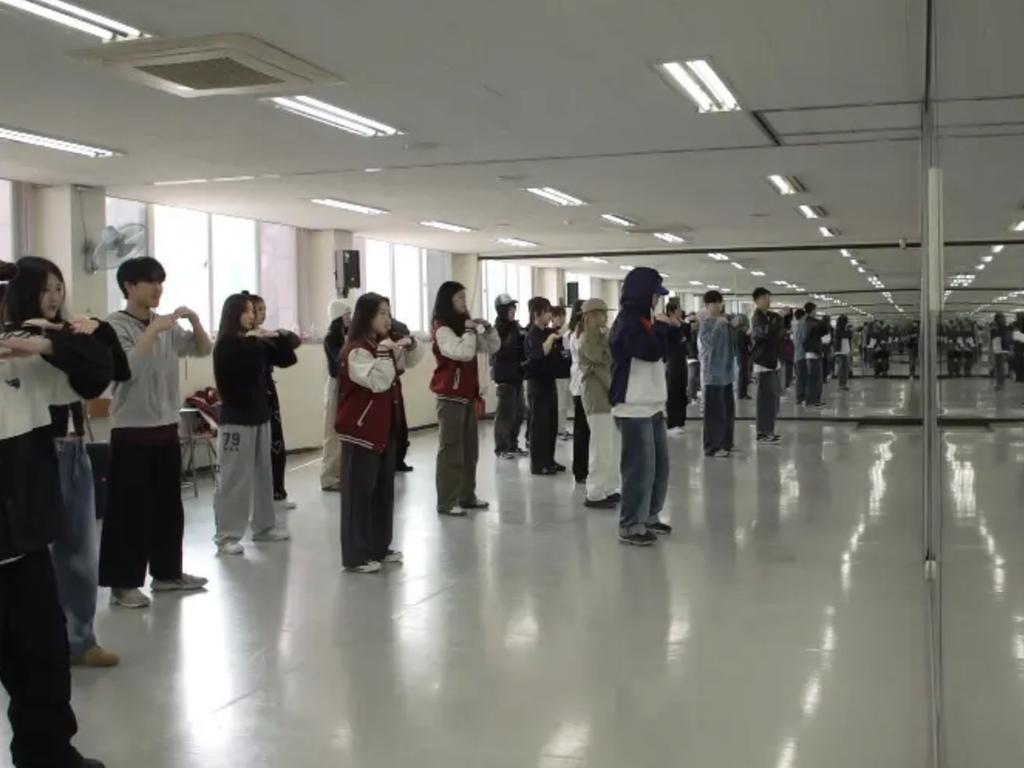
There he meets 16-year-old Hisu-Chung, a student at the prestigious Hanlim School of Arts in Seoul.
The school only accepts students, who study after school and on weekends, that pass the tough entrance exam with 100 per cent.
Even then, they guarantee one to two per cent of their students’ success on the global stage.
“Once a teenager has been signed in to an agency, they can spend years being moulded into the perfect idol,” Krish explains in the show.
“But behind the perfect smiles and synchronised moves, there’s a harsh reality – years of training, constant rejection, and a powerful but possessive fan base.
“They live in a really controlled world, and have to abide by all sorts of rules – including absolutely no relationships – but it goes further than bans on romance.
“K-Pop is about perfection, and stars have to be squeaky clean. No smoking, no drinking and no scandals.”
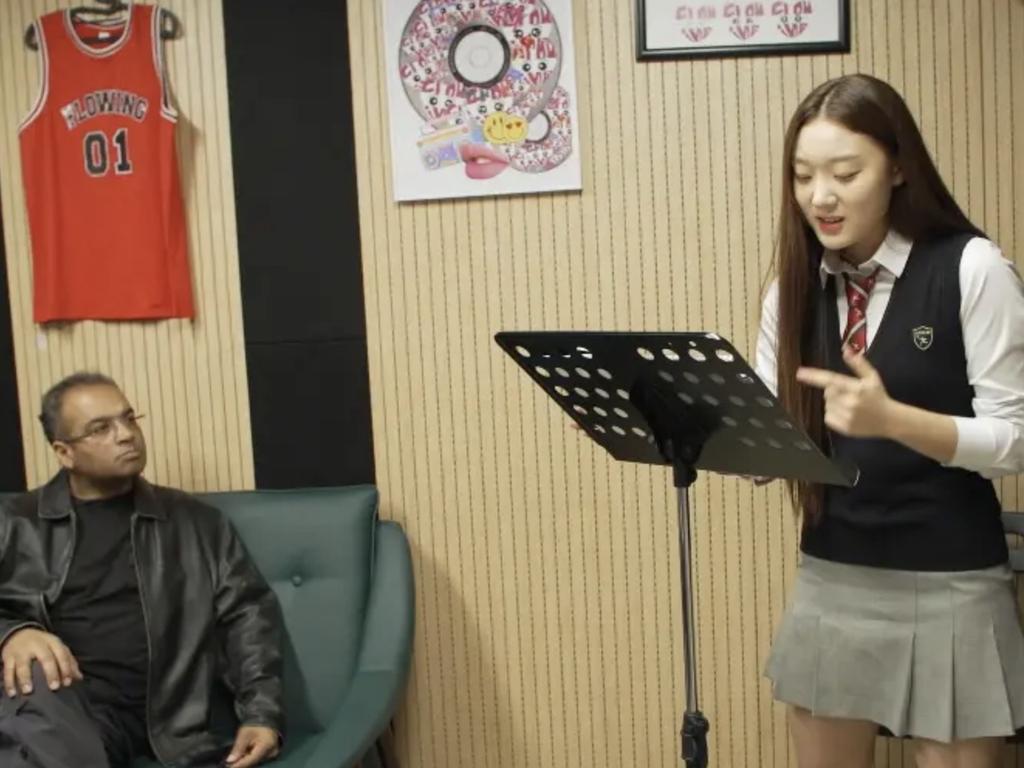
Hisu, who was inspired by Blackpink to ditch her dreams of becoming a ballerina to instead become a K-Pop star, is one of 270 students working to impress talent scouts controlling the industry.
At the after-school academy, she studies 14 different styles of dance, as well as singing, to make her an all-rounded K-Pop star.
When selected at these agencies, students are made to sign contracts which see them earn nothing for up to the first 15 years of their careers.
Hisu tells Krish in the documentary: “I want to be an idol star – and I hope that I will be popular, it’s my only dream.
“Right now, I go to an Academy every day after I finish school and I practice there from 6pm until 10pm.
“But I need to work harder, and take even more lessons [for success].”
For Hisu, commitment to the cause means she hasn’t eaten a home-cooked meal with her family in more than six months.
Her family are well aware of the pressure she is under, including being told by agency bosses that she needs to lose weight.
Despite her small size, wearing what would be considered XS clothes in Australia, she’s been told to lose five more kilograms.
Across the industry, women face strict orders to diet and exercise — as Ladies Code singer Sojung revealed when she told on Korean TV that she starved herself so much her hormone levels dropped to “those of a menopausal woman.”
K-pop idols advocate unhealthy eating, and girl group Nine Muses say they found success using the “paper cup diet” — nine small cups of rice, grains, vegetables or fruit per day.
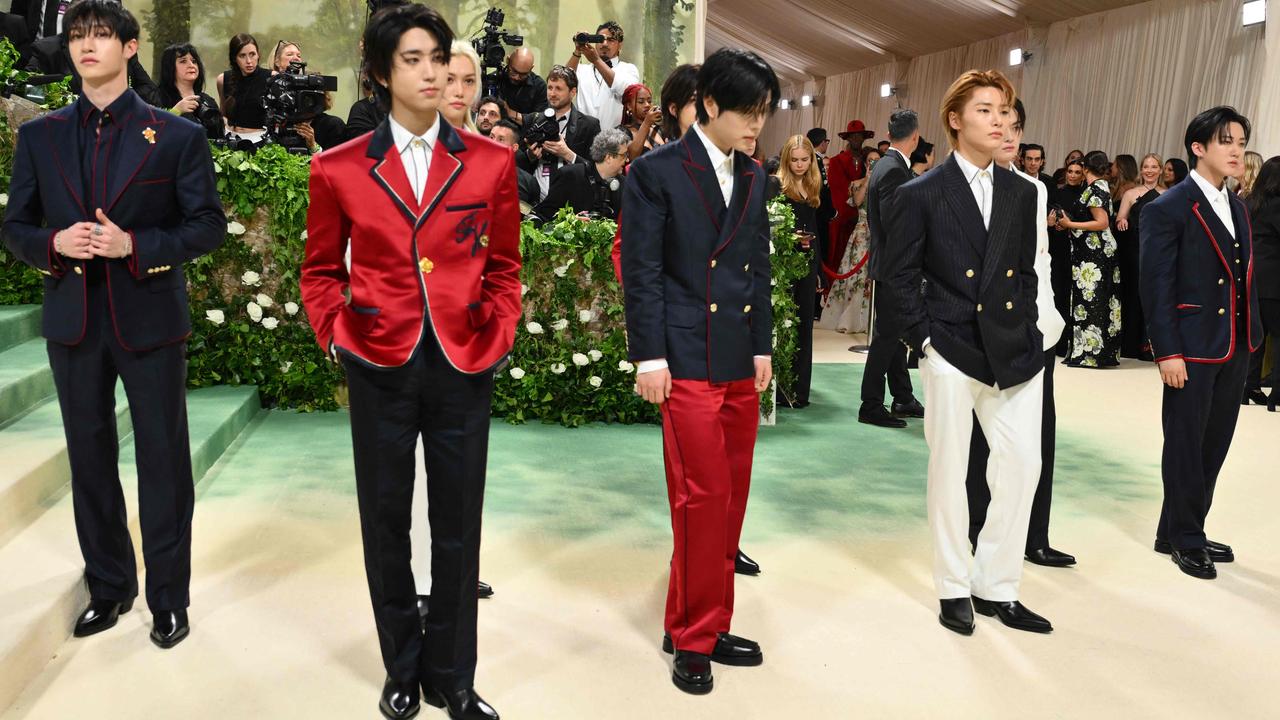
Amber Liu, of the girl group f(x) told US daytime show This Morning that female stars have to measure up to a checklist which includes whether their legs are the right shape.
It’s pressures like this that have led a number of stars to suffer negatively with their mental health, with some committing suicide.
For one former idol, TeenTop member Min-Su, 31, who was disgraced from the business after smoking a cigarette, it’s close to home.
Min-Su says: “I thought it would be cool to be on stage, but the reality was, I had to act like a doll. ‘Do this, do that’, everything is controlled.
“The fans are too powerful – there’s a culture in K-Pop that is rotten. Nobody likes having their life totally controlled.
“Two of my friends working in the industry took their own lives. This is the dark side of the job.”
Blackpink’s Rosé — real name Roseanne Park — claimed she was left “fighting for her life” during the harsh K-pop training program with talent agency YG Entertainment.
The 26-year-old singer, who grew up in Australia, previously revealed: “When I got to Korea I was like, ‘This is quite intense’.
“I noticed that there were 12 other girls who had been training day and night for about five years. And I had just arrived there.
“I ended up fighting for my life, training for my life because I couldn’t accept the fact that I’d just be cut and sent back.”
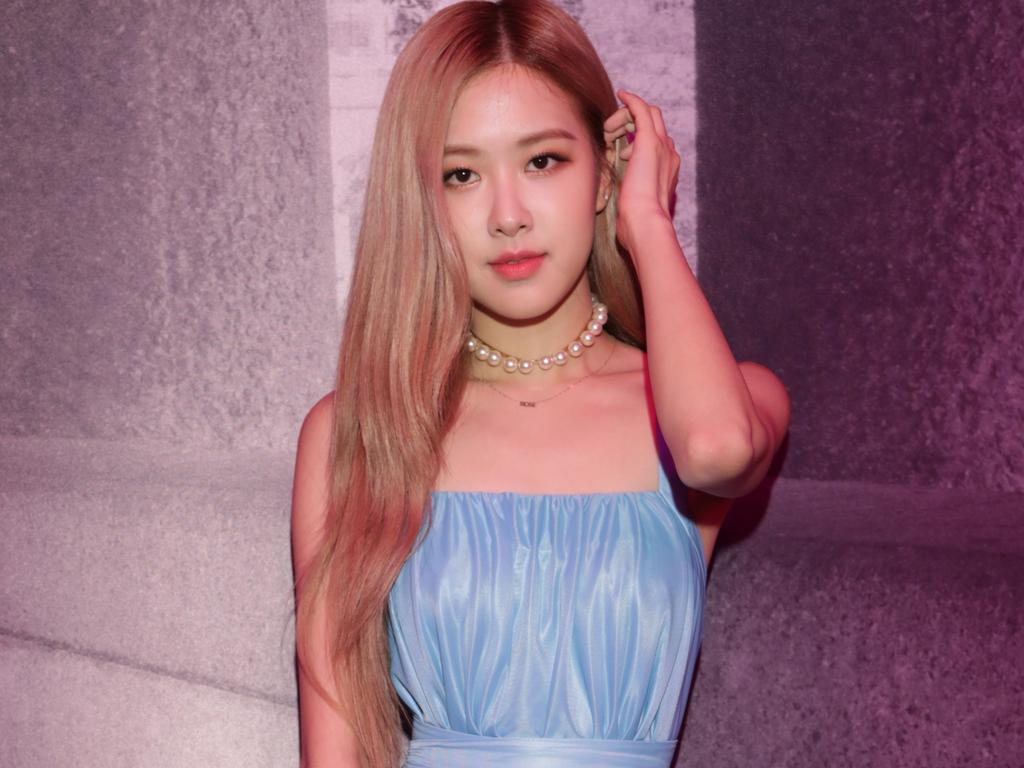
The past four years have seen a spate of young celebrity suicides.
In April 2023, Astro singer Moon Bin, 25, took his own life just days after Zombie Detective actress Jung Chae-yull, 26, was found dead.
In January 2021, 26-year-old Song Yoo-jung died of “unknown causes”, according to her agency, while in October 2019 Choi Jin-ri, known as Sulli, 25, took her own life after being relentlessly bullied online.
Singer Goo Hara, 28, is also believed to have killed herself in 2019 following a public row with her hairdresser boyfriend Choi Jong-Bum.
Despite this, young girls like Hisu remain undeterred, promising their family that if they fail to become famous, they won’t follow suit.
Hisu says: “I think after some idols debut, they think they are going to be really successful, but the reality is some never cross into fame.
“I feel very sad about those [who commit suicide] – they don’t really talk to us at the academy [about how to deal with the stress].”
This story originally appeared on The Sun and was reproduced with permission



